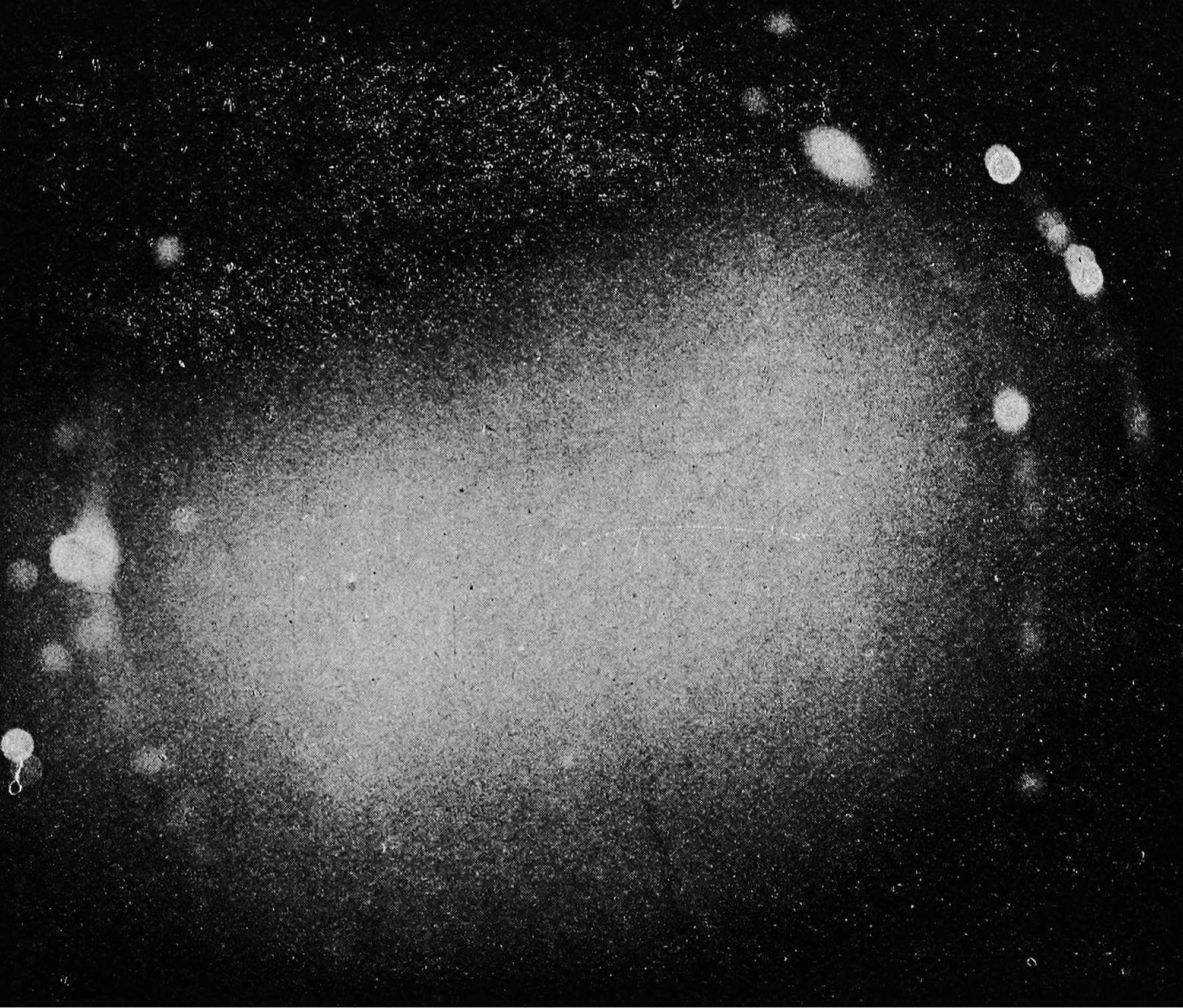
A monthly newsletter to boost your climate IQ.
Each topic will be something you’ve heard of and know a bit about, but you may not know exactly how it works or how it’s impacting the planet.
Does this even matter? Aren’t we totally doomed?
One person ditching plastic straws (even one million people) will not save us from global warming. We’re not going to retrace our steps on climate change without big systemic change, but systemic change doesn’t happen without people. And you’re a people! So, yes it matters. And no, we’re not totally doomed.
“When you can see the whole of something, your spirit rises.” — Carol Sanford
Your footnotes for a changing planet
ON HIATUS
😴
ON HIATUS 😴
I love this newsletter and hope to return to it when I have some more time. Til then, enjoy the past issues.
Subscribe to boost your sustainability IQ every month.
🧭 Get your bearings to better navigate the changing climate 💬 Gain more context to reckon with the headlines ✊🏽 Feel more confident advocating for a more livable future
🧭 Get your bearings to better navigate the changing climate 💬 Gain more context to reckon with the headlines ✊🏽 Feel more confident advocating for a more livable future
The gist of it
🥵 Greenhouse gas emissions heat up the air, land, and oceans, causing climate disasters — from catastrophic floods in Pakistan and Puerto Rico to heat waves in California and China.
⛽️ The vast majority of greenhouse gas emissions come from burning fossil fuels.
🌞 We can’t derail the impacts of climate change without transitioning away from fossil fuels, and that only happens with systemic change.
Outline
1 What are greenhouse gases?
2 Where do they come from?
3 How are greenhouse emissions measured?
4 How do greenhouse gases affect temperatures?
5 Where are emissions coming from And where are they having the biggest effect?
6 How can we lower greenhouse gas emissions?The gist of it
🍃 Fossil fuels are the remains of plants and animals from hundreds of millions of years ago which have turned into gas, oil, and coal.
🔥 We burn these fossil fuels to generate electricity, fuel transportation, and create heat.
💨 Burning fossil fuels releases millenia-old carbon dioxide, methane, etc into our air, land and oceans as greenhouse gas emissions.
🌞 To cut emissions and curb global warming, we have to drastically cut our reliance on fossil fuels for energy.
Outline
1. What are fossil fuels?
2. How do we turn fossil fuels into energy?
3. How do we use fossil fuel energy?
4. How are fossil fuels powering climate change?
5. Who is funding fossil fuels?
6. How Big Oil is cashing in on renewable energy
Maps and indexes for measuring climate impact and finding solutions.








